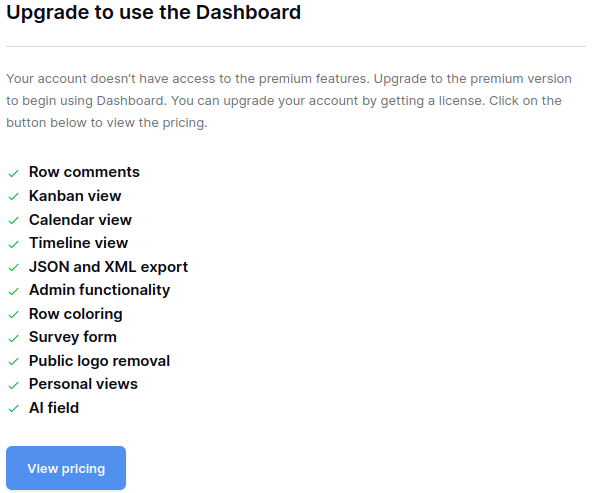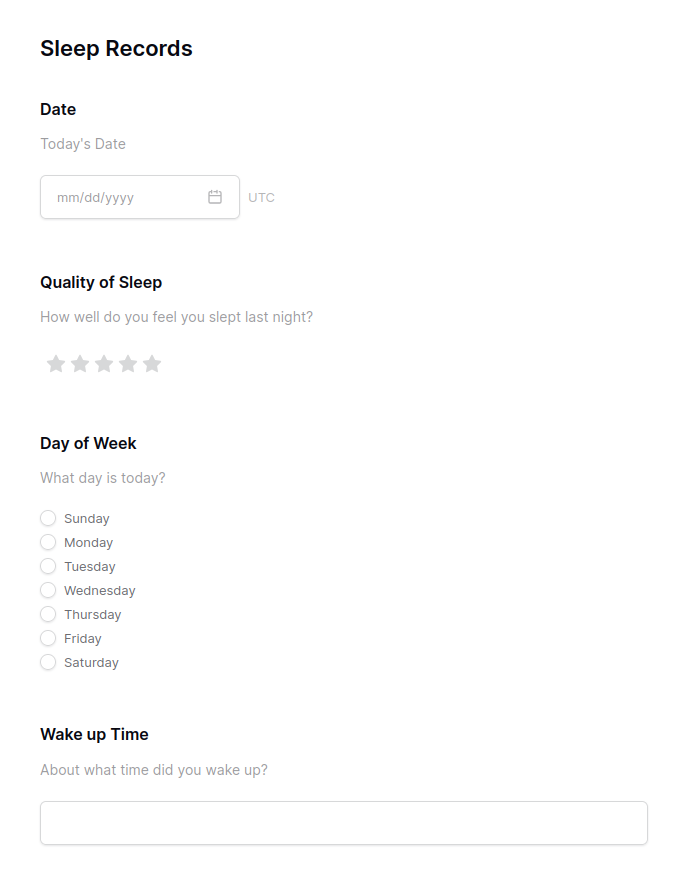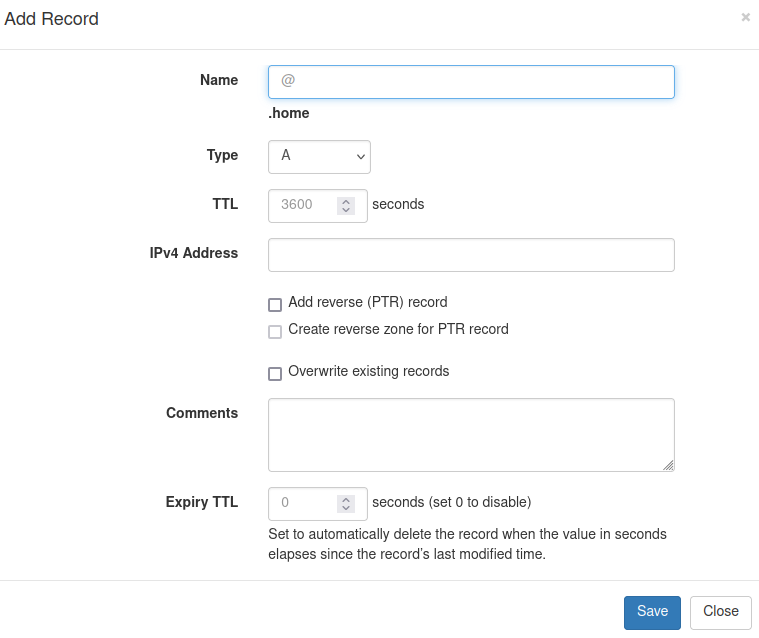Opnsense
Vaultwarden
Email
Home assistant
Emby
Gitea
Paperless-ngx
Firefox
Honest question, I’d love to host email but it seems like a huge pain in the ass these days with trying to keep from being delisted. Is there a decent, home user accessible email system that’s useable out there?
A decade ago it was easy and doable but even in professional life I don’t deal with email backend anymore, all google or o365.
Highly recommend purelymail. No nonsense mail, with straight forward pricing.
I use an SMTP Relay for sending mail, so I don’t hit issues with sending.
You’ll never get away from maintenance for ant service you host, and you need a VPS at a minimum to handle mail unless your ISP allows it (which they probably don’t). There’s going to be front loading needed in order to make sure the IP you’re given isn’t on blocklists, and you’ll need to take appropriate measures with Apple, M$, Google, Yahoo, etc in order to send email to their domains. The good thing is that I’ve you do that, you’ll never need to touch it again.
I personally use iRedMail because of the breadth of documentation, but mailcow and others like that are allegedly nice. I prefer the omnibus solutions because I don’t care to do manual service configuration if it’s not necessary.
Been doing email hosting for my domain for 25 years, 12 years with iRedMail.
I’m also using iredmail. Apart from it needing more hardware than it used to its been pretty stable. I use an SMTP Relay for sending mail, so I don’t hit issues with sending. Not that I ever actually send many emails.
Firefox
You mean you self-host your profile?
No. I host Firefox that runs in a browser.
It’s one of my favourite things. So places that may block certain sites can be bypassed.
Essentials? Difficult to decide, it depends on why you are even selfhosting in the first place.
At a first glance and looking at my attempt at a homelab:
- some sort of basic web service (eg.: nginx + PHP setup)
- some sort of repo manager service (I do Fossil, but I hear most people use eg.: Gitea)
- XMPP server
- Jellyfin server
- Minetest server
My three essential selfhosted services are :
- an XMPP server
- a CalDAV server
- a bookmark manager (Linkding)
Paperless-ngx
The rest is already in the other comments
In no particular order, the most essential ones are those I constantly use throughout my day and also weekly.
Proxmox holds all of these in different LXC’s and VM’s
- Home Assistant
- Pocket-ID - https://github.com/stonith404/pocket-id (Exclusive Passkey login system as in -no un/pw just your Passkey which - doubles as an OIDC provider)
- Homepage (By Ben Phelps of gethomepage.dev)
- Vaultwarden
- TechnitiumDNS which handles all of my DHCP and Adblocking in a one system, extremely capable software especially useful for SOHO too.
- Baserow - Airtable alternative. It holds certain items of importance like what MAC address each device in my home network holds and what IP It uses in an intelligent view. I also was using it for a while to log issues with my sleep where I deal with insomnia, so I logged how well I slept, how many times I woke up, how long it took me to fall asleep etc. That was a simple form I created using drag/drop in Baserow and called by a URL.
- OpenVSCode server - makes editing my Homepage (above) yaml and my docker-compose files a breeze! It’s especially nice when you edit it something and it auto saves almost instantly. Makes some of my services change in real-time!
- UptimeKuma - Simply one of the best out there for me
- Gotify - I get alerted to my Tuya based dehumidifer tank being full via Home Assistant, Downtime alerts from UptimeKuma and a variety of other services which I deem higher priority alerts over “fix when you can” ones.
Aside from that, i do have other services I use every so often like Memos, Joplin Server (holds most of my notes), Pingvin and a few others.
+1 for UptimeKuma. Works great.
I tried Baserow a while ago but decided not to use it because it started downloading the application after running the container and required an online account (that could also be NocoDB). How has your experience been after using it for longer?
I had to create an account as per the usual process for these types of apps, but it was all local. I never had to do one to connect to their servers. I know it generates a unique instance ID which I believe phones home to their servers but I don’t mind personally.
As for my experience, a lot of it is locked behind their paid plans, so I just keep it limited to what I use which is fine. I do like it as it does better than NocoDB for my needs (the input forms is what I needed) and it does better there. I don’t recall the other reasons for not using NocoDB otherwise, but it’s a long while.
Their pricing is here: https://baserow.io/pricing

So, that’s mostly what is locked behind. My sleep form I built which feeds the database:

Overall, it does meet my needs so that’s all I ask. :)
Does Technitium support DNS rewrites like Adguard Home?
I’m about 99% sure it does, I don’t use it that way but It does allow DNS zones. For example:

It’s a lot more technical then Adguard Home for sure. Both work just fine though, I came from Adguard Home as I use a PXE server to provision some of my devices and Technitium is super easy to configure that.
No one’s mentioned Forgejo yet? Solid git and artifact repository.
WireGuard on my VPS, because otherwise I’m stuck behind CGNAT and can’t access anything in my network from elsewhere. Or Tailscale, but that’s not really self-hosted.
do you have a good guide on how it works/ho to set it up? I tried a little while ago but couldnt figure it out.
The only one I haven’t seen mentioned here that is a requirement for me is OPNsense. I’ve been using it for a couple years, and pfSense before that for a very long time. Never going back to commercial routers and their shitty / buggy / backdoored software. I highly recommend OPNsense over pfSense for the UI improvements alone, but there are other reasons to use/support OPNsense over pfSense.
On my network it handles internet firewall, internal firewall, and all routing across 5 VLANs and between two internet gateways. It does 1-1 NAT for my public IPs, inbound VPN, outbound VPN for my *arr stack, and RDNS blocklists with the data source being a script I wrote that merges from several sources and deduplicates the list. It is my internal certificate authority (I don’t miss you at all, Windows CA), DHCP for the guest wifi, and does pihole-like ad blocking via DNS for my entire network. And it does all that running in a VM with 2GB of RAM, of which it only uses about 60% on my install.
It is an incredibly powerful tool, not terribly difficult to learn, has a pretty damn good UI for FOSS, and in my opinion is a fantastic foundation for a complex home network / homelab. Unlike pfSense, which corrupted itself twice over the years I ran it, it has never let me down. And every update has been painless over the years.
Went to try pfSense. Need to register to their shop to buy a free download link.
Then during installation it won’t install unless it can phone home and report.
OpnSense all the way.
That’s new, it didn’t used to do that back in the days when I used it but that was a couple years ago. Sounds like it’s just getting worse.
I’m still using pfsense and considered switching over to opnsense but I found out it doesn’t have something similar to pfblocker.
I understood some of those words. It make network go?
It make network go very good.
Second OPNsense. pfSense also is maintained by some pretty shitty individuals.
Why “shitty individuals”?
https://web.archive.org/web/20160314132836/http://www.opnsense.com/
This was the website that pfsense maintainers made as soon as OPNsense was announced. They sniped the name, derided the project and only ended up handing over the domain after they were legally compelled to.
One person affiliated with Netgate in particular can be seen around forums and social media and has serious axes to grind. He’s… not pleasant.
Add to that Netgate’s practices (IIRC secret proprietary blob required to build pfsense, double-check that fact / unremovable installation tracking) and the picture painted is one of petulance and anger.
[edit] oh yeah, and this gem! https://arstechnica.com/gadgets/2021/03/buffer-overruns-license-violations-and-bad-code-freebsd-13s-close-call/
Yeah I hinted at it but didn’t feel like going into it. It’s why I switched though, and happily I found OPNsense to just be better anyway.
I highly recommend OPNsense over pfSense for the UI improvements alone, but there are other reasons to use/support OPNsense over pfSense.
Can you list or summarize some of the other reasons?
Eh, I’ve forgotten a lot of the details and it’s drama that I don’t care to relearn about. Easy to find online with some basic searching if you want to read about it.
How many NICs do you have on your opnsense machine?
It’s a VM so technically none I guess, but my hypervisor hosts have a 4 port gigabit card and a 10 gig fiber card, plus another gigabit port on the motherboard.
OPNsense is using 6 interfaces, 2 WAN and 4 LAN, but it’s all virtualized.
Immich/PhotoPrism/whatever you use for image backup. Cloud providers are snooping through your shit.
Plex/Jellyfin for streaming
Sonarr, Radarr, Prowlarr, SABnzbd, qBittorrent to support the streaming service(s)
Nextcloud, vaultwarden.
Arr stack plus Jellyfin/Plex, Nextcloud and Gitea.
Tailscale
So headscale?
Pepsi or Coke?
Yes.
Honestly, I’ve used both. Tailscale edges out headscale by a tiny bit just because of the admin console’s GUI but other than that, yeah.
Depends on what your usecase is for what is “essential.”
I think keeping household documents, taxes, medical bills, etc… In a local only paperless-ngx instance is quite essential to the organization of a household where everything is searchable and able to be organized on multiple levels compared to a simple document folder on 1 computer.
Having a document or self-hosted wiki with an in - case - of - death document that gets backed up in an encrypted, but accessible by family place is probably the most “essential” thing.
Some WebDAV server, can be Nextcloud but actually something more lightweight is better.
Also a XMPP server is very nice to have. Even if you don’t have many contacts on it (yet), it works very well has a notification service and can even be extended to act as a Unified Push distributor.
and can even be extended to act as a Unified Push distributor.
wait wait wait wait.
That works? Teach me how!
Radicale is next on my list
- AdGuard home (usable also as private DNS on Android)
- JellyFin
- Homeassistant

















